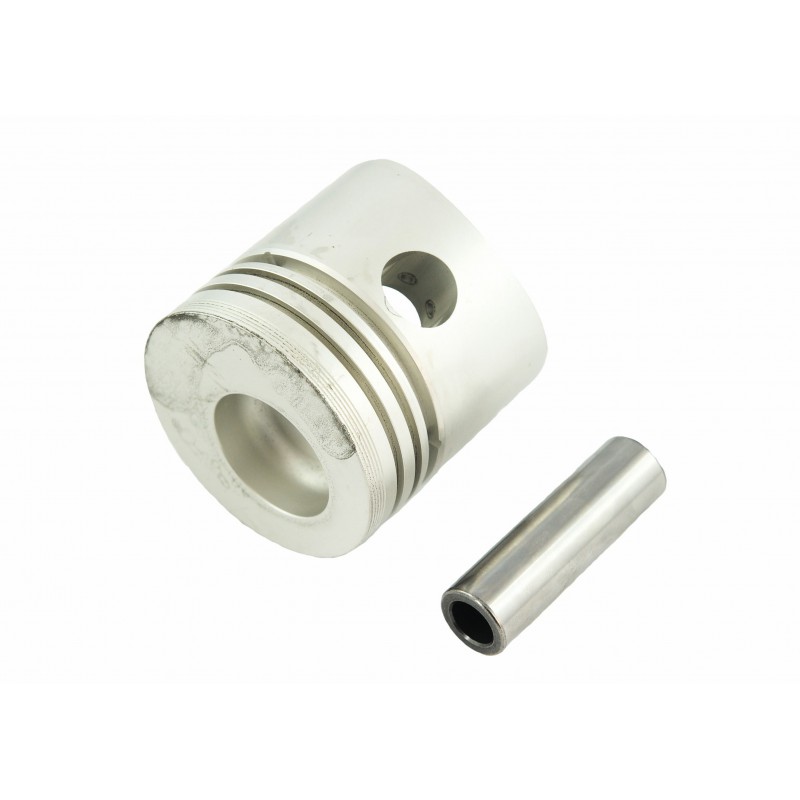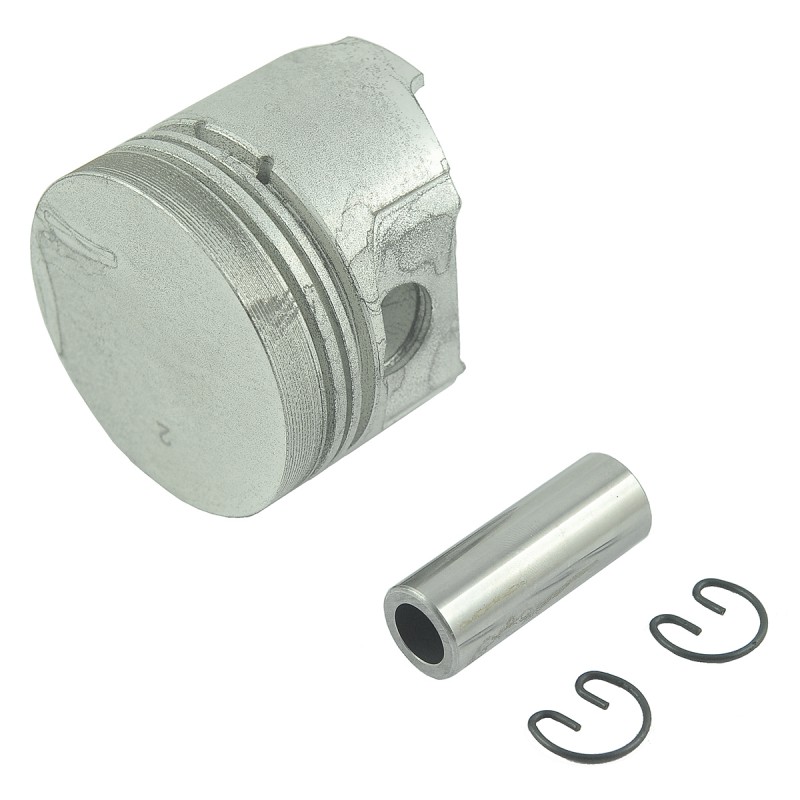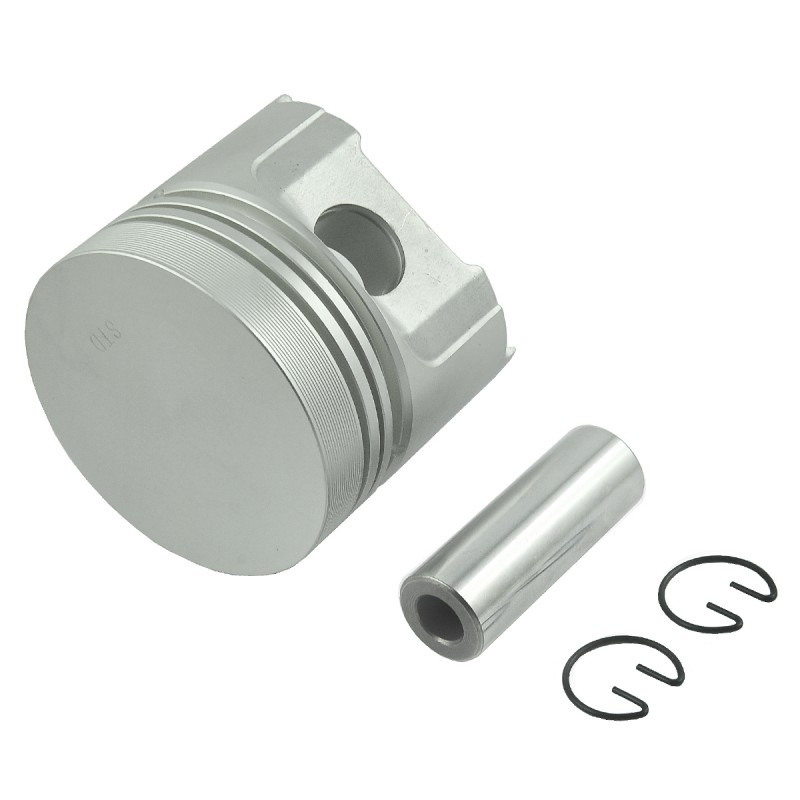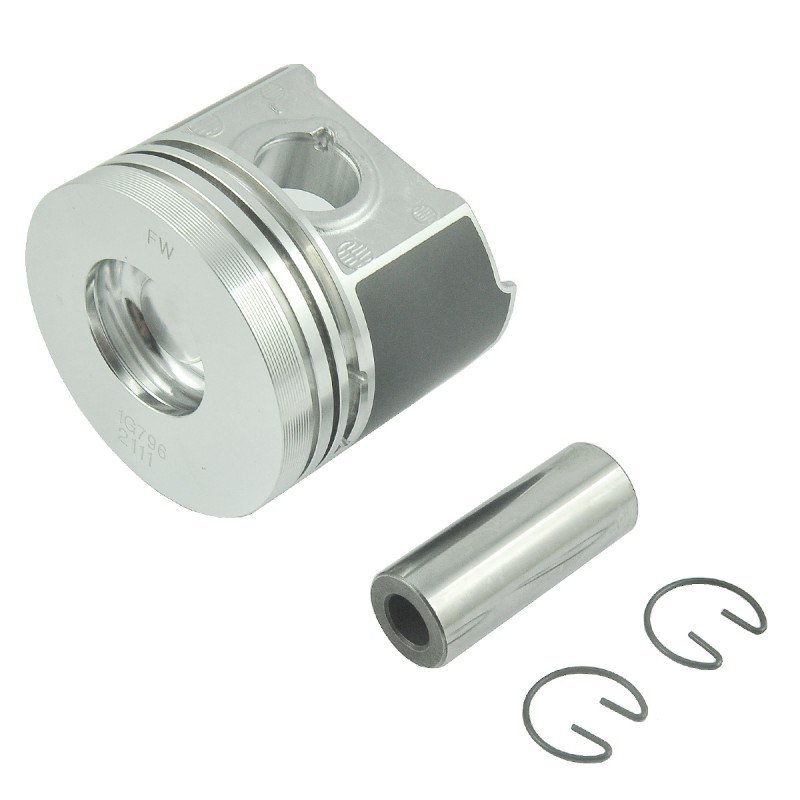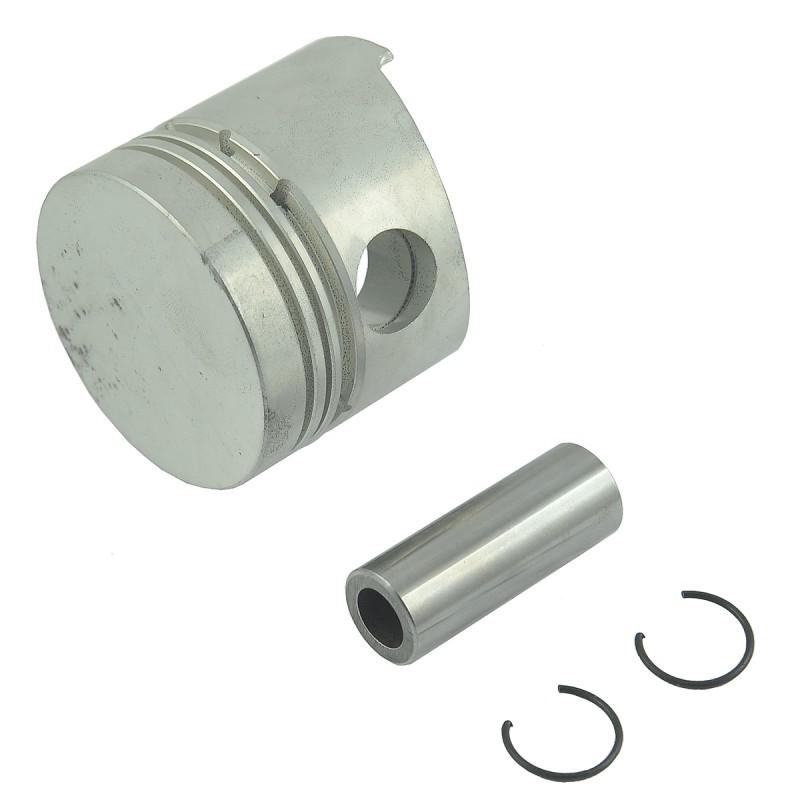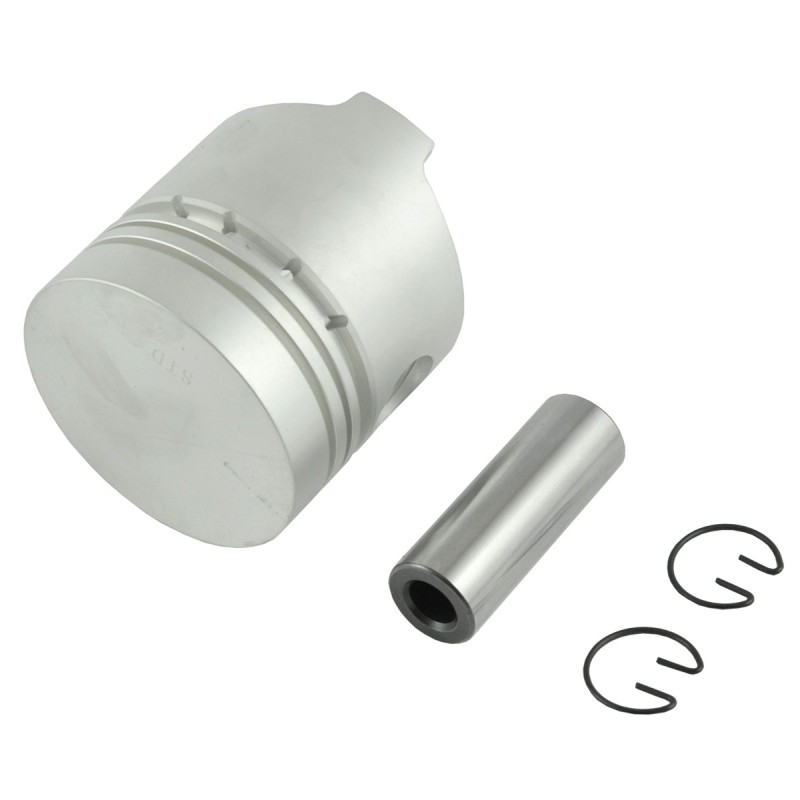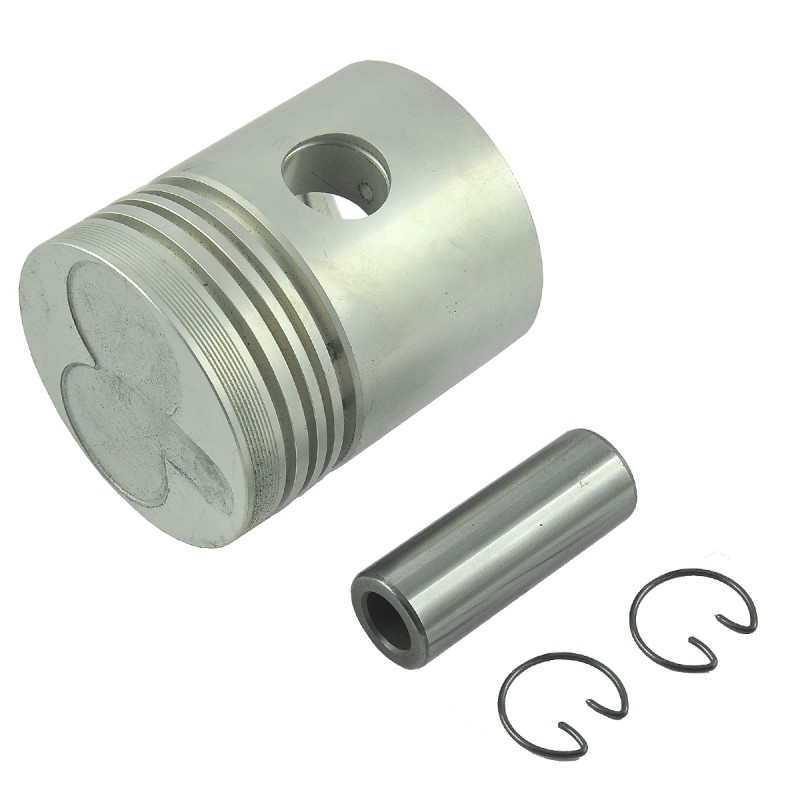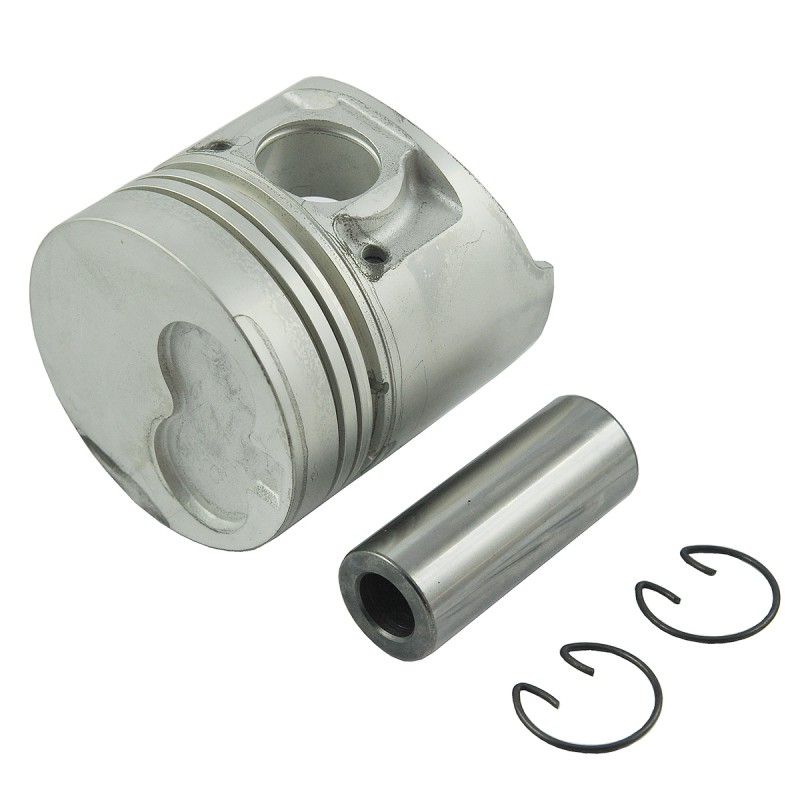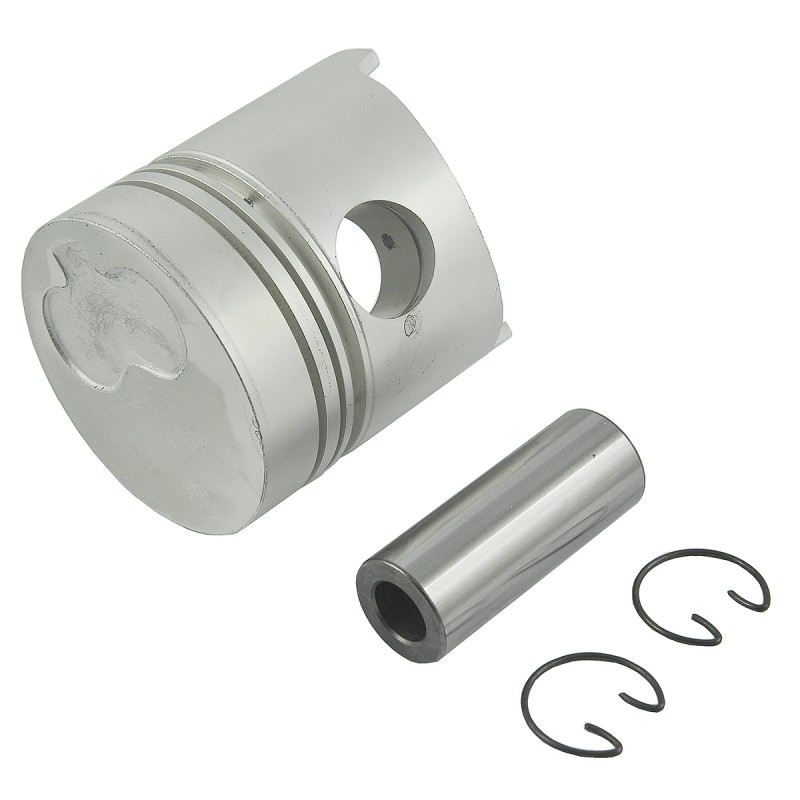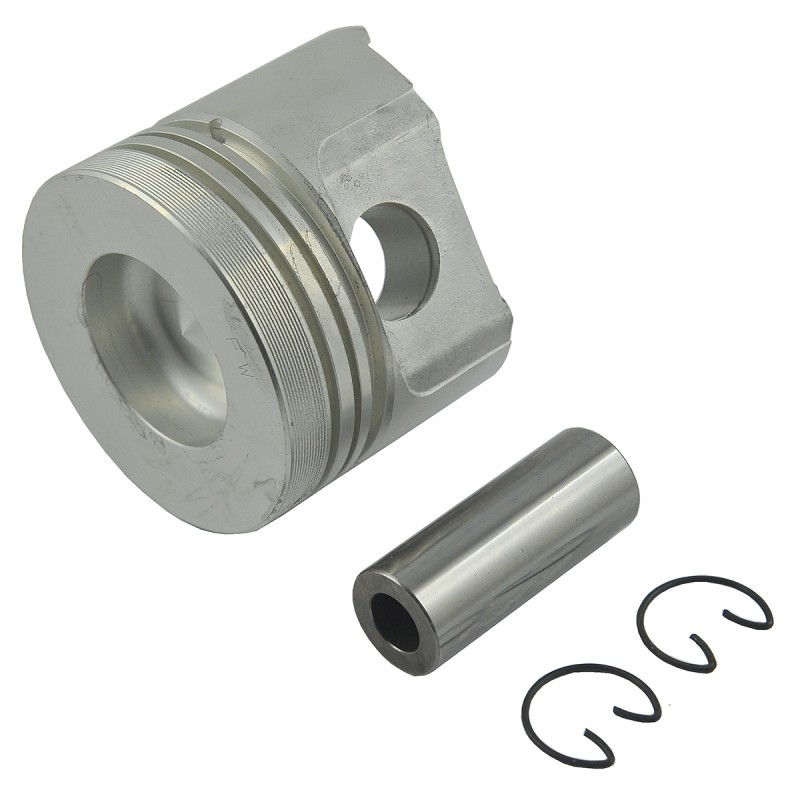zł239.00
Sort by:
Showing 1-12 of 82 item(s)
zł165.00
zł169.00
zł289.00
zł209.00
zł149.00
zł185.00
zł145.00
zł339.00
zł220.00
zł195.00
zł149.00
Pistons
Pistons are an essential element in combustion engines, playing a key role in ensuring efficient combustion, durability and reliability of the engine. Their proper maintenance and replacement are crucial to maintaining high efficiency and safe engine operation.
Engine Piston Features:
- Compressing the air-fuel mixture: The piston moves up and down the cylinder, which reduces the volume of the combustion chamber and increases its pressure. This compression of the fuel-air mixture is crucial for the efficiency of the combustion process.
- Transmission of force to the crankshaft: The movement of the piston is directly transmitted to the crankshaft via the connecting rod, which converts the translational movement of the piston into the rotational movement of the crankshaft.
- Sealing the combustion chamber: Together with the piston rings, the piston seals the combustion chamber, preventing leakage of exhaust gases and enabling the proper combustion process.
- Heat Distribution: Pistons must efficiently transfer heat to the cylinder and then to the cooling system to prevent overheating and damage.
Engine piston structure:
- The main part of the piston: This is the cylindrical element that moves up and down in the engine cylinder. Typically made of high-quality aluminum alloy or cast iron.
- Connecting rod: This is the part of the piston that connects the piston directly to the crankshaft, transmitting rotational motion.
- Piston rings: Pistons have special piston rings that are placed in grooves on the outer surface of the piston. These rings are designed to provide a tight seal and reduce friction between the piston and the cylinder.
- Cooling: Some pistons have special cooling passages or oil passages that help cool the piston and transfer heat to the cylinder and on to the cooling system.
The importance of pistons for engine operation:
- Combustion efficiency: By properly compressing the fuel-air mixture, pistons influence combustion efficiency and efficiency.
- Durability: Pistons must be made of high-quality materials to withstand the intense operating conditions of the engine and ensure long durability.
- Reduction of exhaust emissions: By effectively sealing the combustion chamber, pistons can help reduce emissions of harmful substances into the atmosphere.
Piston maintenance and replacement:
- Regular maintenance: During routine engine maintenance, the condition of the pistons, their piston rings and cooling should be regularly checked.
- Replacement: In case of wear, damage or failure, pistons and piston rings should be replaced with new ones in accordance with the manufacturer's recommendations.
- Compliance with standards: When replacing pistons, follow the manufacturer's recommendations for materials, dimensions and technical specifications to ensure proper engine operation.



